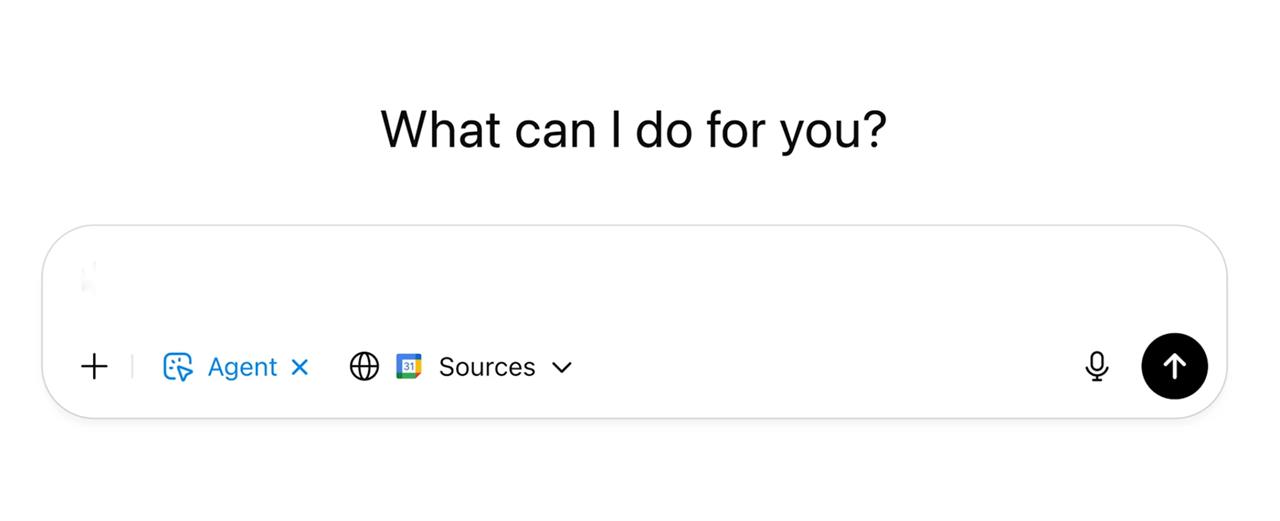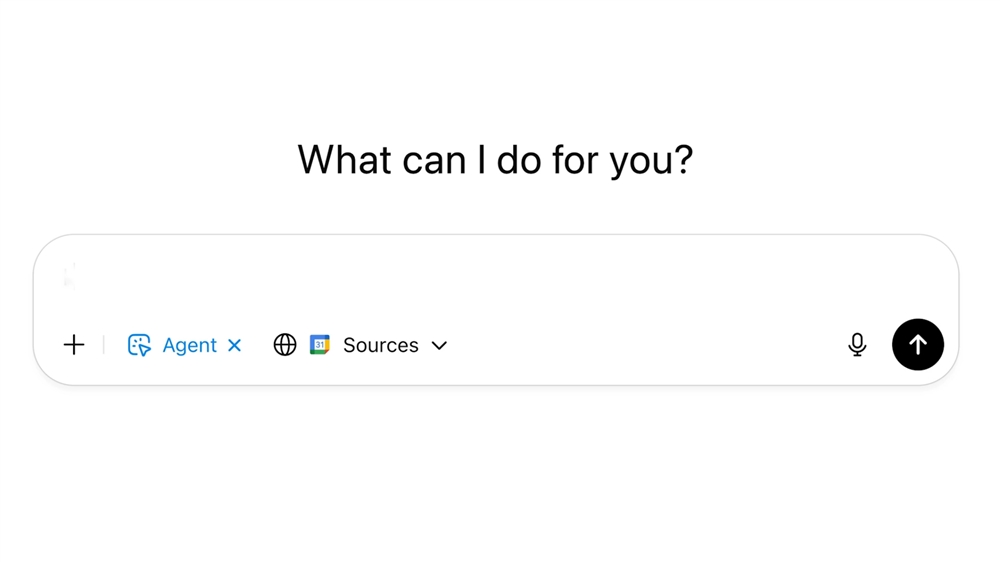This Week in AI: Agents Come To ChatGPT
For July 18, 2025: Delta turns to AI for pricing, new study says don't ditch your therapist, YouTube taking on video slop, Gemini easily turns photos into videos.News
 Image: OpenAI
Image: OpenAIArtificial intelligence agents have become a key trend in the tech world lately, with programs like Cursor, Claude Code, Gemini CLI and Codex taking over nerd-Twitter and code-fluencer YouTube channels. Now, OpenAI is hoping to take it to the next level with a new tool called ChatGPT Agent.
The idea behind an agent generally is pretty simple: It's an AI designed to autonomously pursue a goal. For example, you need to build a website and you have a mockup prepared. An AI agent could create a list of how to implement it and start telling other AIs to generate bits of code, images and other items to fill that website. A key part of agent technology typically is that they can perform multi-step tasks.
ChatGPT Agent takes that idea even further. While tools like Cursor, Codex and Copilot work in a webpage, and others like Claude Code and Gemini CLI work in the command line, OpenAI's ChatGPT Agent can take control of multiple apps within a computer.
In a video demo OpenAI published on YouTube, the company showed how it uses virtual machines and apps like a web browser and Google Drive, to do something as easy as planning a trip. But instead of early AI demos, where the chatbot would merely recommend an itinerary, ChatGPT Agent can provide a full report, complete with links to hotel booking pages for specific dates, complimentary weather information, and more.
"People want a unified agent that can go off and use its own computer to perform complex tasks for them," OpenAI CEO Sam Altman said in the video demo.
OpenAI described ChatGPT Agent as having been trained on a "new model," though The Verge notes the company did not offer much detail beyond that.
While ChatGPT Agent is another step toward the dream of an AI-personal assistant, there are still a few hitches. The system can take a while to work. Many of the company's demos of creating stickers to boost team morale or planning an itinerary to join a destination wedding seemed to take about half an hour.
OpenAI acknowledged this, adding features to provide screenshots and playback videos. The company also said it built security mitigation tools, including features to detect "prompt injection attacks" such as a scammer trying to collect private information by pretending to be a website the bot has been told to interact with.
One thing ChatGPT Agents might be spending some time on...
Delta to use AI to set ticket prices
The airline industry has such a weird relationship with ticket prices that there are entire industries devoted to navigating them. And even then, it all seems more like a game than a way to get somewhere.
Delta's about to take that to the next level with its new AI ticketing system. The airline says it plans for 20% of its ticket prices to be individually determined by an AI, according to a report from Fortune. Currently, AI determines just 3% of fares.
“This is a full reengineering of how we price and how we will be pricing in the future,” one Delta executive said in an announcement to investors. Eventually, “we will have a price that’s available on that flight, on that time, to you, the individual.”
Of course, there are a lot of ways to read that. Delta didn't offer many specifics, but there are many ways to imagine what AI could do. One scenario would be to price based on your own personal flying habits, potentially charging more to frequent spenders and less of one-time buys -- or maybe the other way around. But AI could also be used to determine flights across the network, and effectively charge more when there's a bump of travel to a specific location.
If that sounds like echos of Uber's surge pricing, you're not alone. While some CEOs are proud of their reliably rock-bottom prices, others have been seeking ways to squeeze as much from customers as they can. And the best way to do that is through personalization AI can provide.
So, get ready, one analyst told Fortune, "the era of 'fair' pricing is over."
Don't ditch your therapist for a chatbot
Anecdotal research has suggested that talking to a chatbot can have positive effects if you're feeling down or lonely. And on the surface, that makes sense, because we all could use someone to talk to sometimes. Anthropic, one of the industry's leaders, even found that people who turned to its Claude AI chatbot in times of interpersonal stress felt better after seeking "career advice, working through personal growth, or untangling romantic relationships."
Chatbots don't replace therapists of course, and now new research from Stanford is helping detail why. Research from Stanford University found that AI chatbots sometimes express "stigma and inappropriate responses prevents LLMs from safely replacing mental health providers," according to a report from TechCrunch.
Of course, that's just today. Enthusiasts often note that AI is rapidly improving, and that's true in cases such as with generating video or helping tackle a coding problem. But with trickier issues like therapy, the researchers found more work will need to be done. "Bigger models and newer models show as much stigma as older models," the researchers said.
Gemini turns images into videos
Google's Veo 3 has been getting a lot of attention since its launch in May, and for good reason. The videos, combined with realistic background noise and speech, are both otherworldly and shocking for how realistic they can seem. People have already generated more than 40 million videos, according to Google, some of which have gone viral.
Now, Google's latest trick with AI video allows you to upload an image that you can then use as a reference point. The end result can be an eight-second video, complete with synchronized audio for sound and speech. The Verge notes that the upgrade is only available to AI Pro or Ultra subscribers in "select regions," meaning you'll have to sign up to plunk down at least $20 per month to give it a try.
If you do, be careful what you upload to YouTube after. The video sharing platform is reportedly planning a crackdown on "mass-produced" and "repetitive" videos, according to a report from TechCrunch. Unfortunately, YouTube didn't provide a breakdown of what those offending video characteristics are, but critics can often point to popular trends like repurposing generic manufacturing or celebrity red-carpet videos with a computer voice-over reading a popular Reddit post.
More from MC News
- How to Build Your Own AI Personal Assistant
- The End is Coming for Windows 10: What You (Still) Need to Know
- Keyboard 101: Intro to Computer Keyboards
- Fix It Yourself: Talking to iFixit on Why Repairable Tech Matters
- How to Use an AI Agent
- Scenes from the Micro Center Santa Clara Grand Opening
- How We Built THE ULTIMATE DOOM PC
Ian Sherr is a widely published journalist who's covered nearly every major tech company from Apple to Netflix, Facebook, Google, Microsoft, and more for CBS News, The Wall Street Journal, Reuters, and CNET. Aside from writing, he tinkers with tech at home, is a longtime fencer -- the kind with swords -- and began woodworking during the pandemic.










